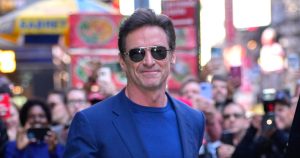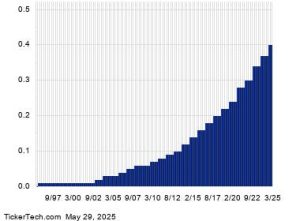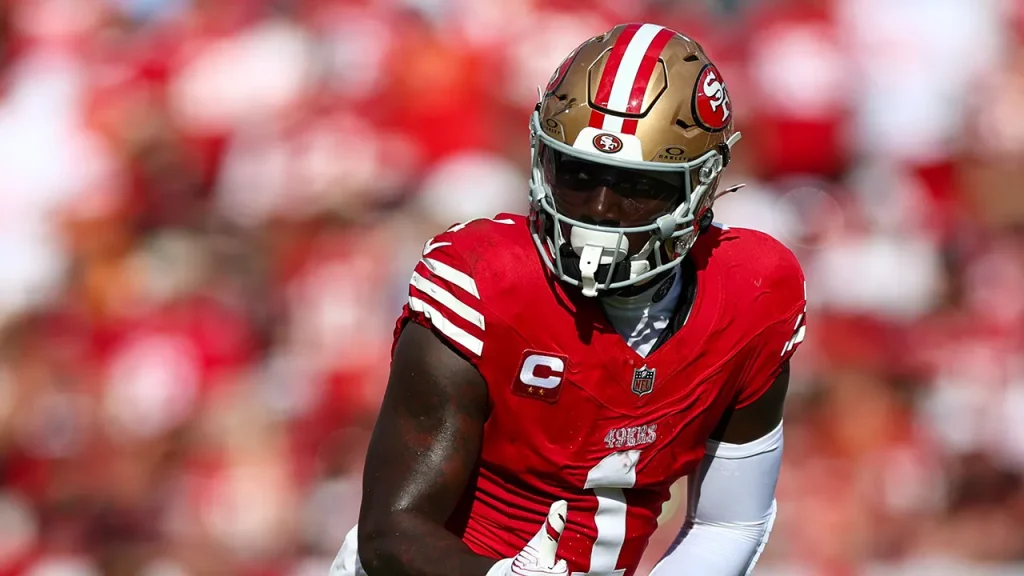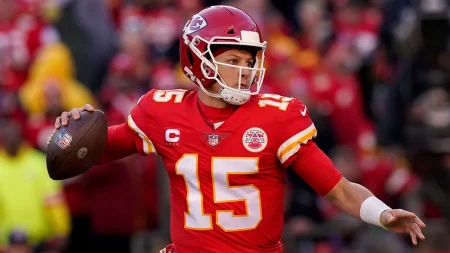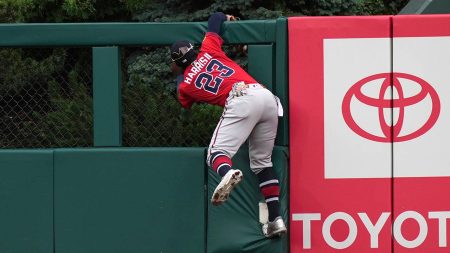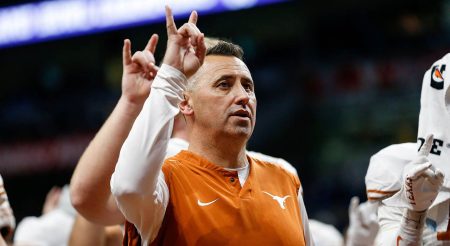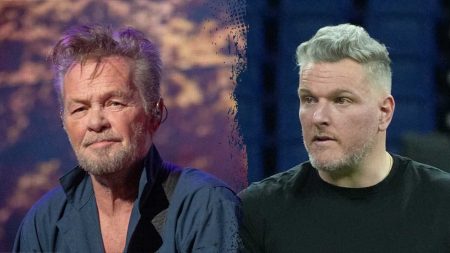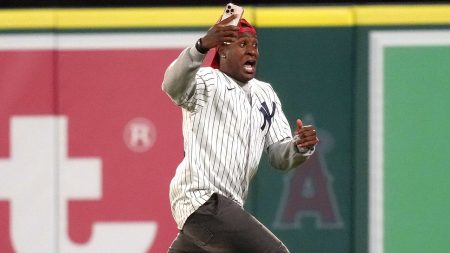Deebo Samuel, the San Francisco 49ers’ star wide receiver, recently found himself embroiled in a social media controversy after expressing his frustration over his lack of involvement in the team’s offense. Samuel, typically a dynamic and versatile playmaker, has been experiencing a statistically underwhelming season, marking the least productive stretch of his six-year NFL career. His public airing of grievances, albeit briefly, ignited a media frenzy and sparked discussions about his relationship with quarterback Brock Purdy and the overall offensive strategy of the 49ers.
The controversy began with a now-deleted post on X (formerly Twitter), where Samuel succinctly stated, “Not struggling at all just not getting the ball!!!!!!!” This statement, seemingly directed at Purdy, was quickly met with a community note highlighting Samuel’s team-leading drop rate, which implied he was indeed struggling. This public rebuke only amplified the situation, forcing Samuel to address the issue with reporters. He admitted to feeling “frustrated,” acknowledging the sentiment expressed in his post.
Samuel’s statistical decline is evident. He’s averaging a mere 2.9 yards per carry on his 32 rushing attempts and is on pace for career lows in receptions and receiving yards per game, projected to finish the season with 40 receptions for 553 yards. His last touchdown came in Week 6, further underscoring his diminished role in the offense. This downturn in production comes after several seasons where Samuel established himself as a key component of the 49ers’ offensive scheme, renowned for his ability to contribute as both a receiver and a rusher.
Head coach Kyle Shanahan acknowledged Samuel’s frustration, expressing understanding for his desire to be more involved. Shanahan affirmed the team’s intention to get the ball into Samuel’s hands more frequently, recognizing his importance to their offensive success. While acknowledging Samuel’s feelings, Shanahan also expressed a preference for handling such matters internally rather than airing them publicly. However, he downplayed the incident, suggesting it was “water under the bridge.”
Brock Purdy, the apparent target of Samuel’s initial post, addressed the situation with a conciliatory tone. He emphasized his close friendship with Samuel and his admiration for his contributions to the team. Purdy defended Samuel’s performance, attributing the lack of targets to variations in offensive schemes and defensive strategies employed by opposing teams. He expressed his desire to get Samuel the ball on every play if possible, highlighting his commitment to maximizing Samuel’s potential and allowing him to showcase his signature playmaking abilities.
The incident underscores the complexities of a professional football team’s dynamics, especially when a star player’s performance dips below expectations. While Samuel’s public expression of frustration might have been unconventional, it sheds light on the inherent pressures and anxieties that accompany high-stakes competition. The 49ers now face the challenge of reintegrating Samuel into the offensive flow, ensuring he receives sufficient opportunities to contribute while maintaining team cohesion and addressing the underlying reasons for his reduced production. The team’s success hinges, in part, on finding ways to effectively utilize Samuel’s talents and reignite the spark that made him a force to be reckoned with in previous seasons.
The incident also raises questions about the role of social media in professional sports. While platforms like X provide athletes with a direct line of communication to their fans, they can also amplify internal team issues and create unintended consequences. Samuel’s deleted post and the subsequent community note demonstrate the potential for misinterpretation and the rapid spread of information, often without the necessary context. This highlights the need for athletes to exercise caution when using social media, balancing their desire for self-expression with the potential for public scrutiny and team disruption. The 49ers, like many other professional sports organizations, will likely continue to grapple with the challenges posed by social media and its impact on team dynamics and public perception.

